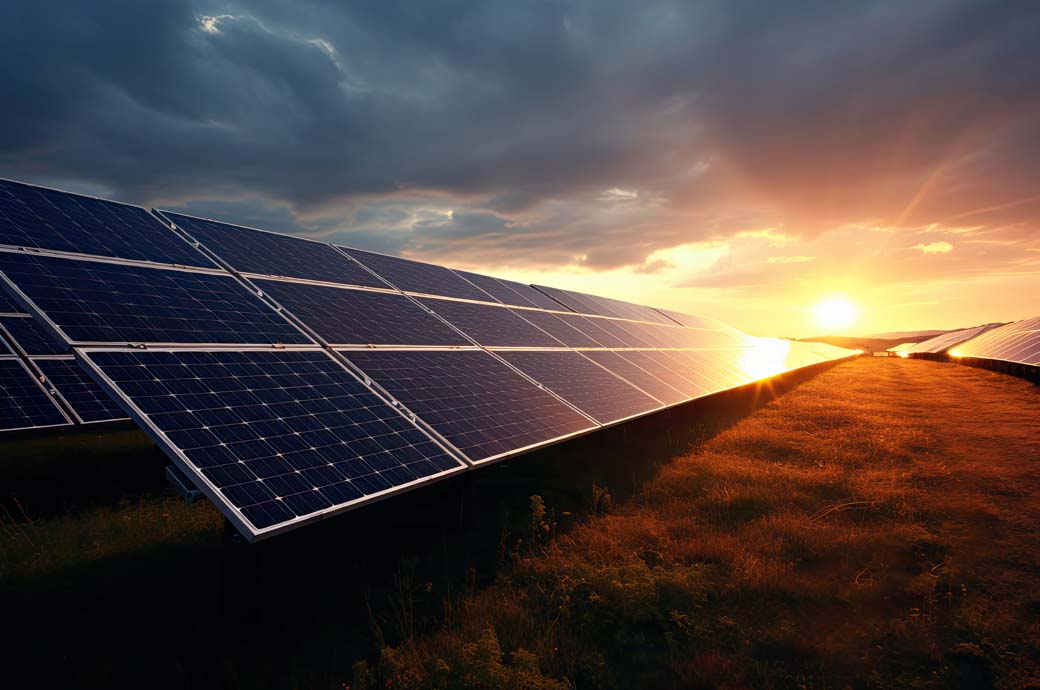
The country is now the world's third-largest emitter, relying heavily on fossil fuels.
The consulting firm’s net zero scenario for 2050 warrants India to raise its non-fossil fuel electricity generation to almost 80 per cent. The country must establish low-cost domestic supply chains for large-scale solar and wind power and invest in off-grid and decentralised renewable energy systems.
The scenario stresses on the need for a transparent carbon-pricing mechanism to incentivise investments in carbon capture, utilisation and storage (CCUS), green hydrogen, renewables and bioenergy.
The report, titled 'Chance of a Lifetime: can India show the developing world a unique path to net zero?', says India faces the unique challenge of decarbonising newer production units than other major economies, presenting an opportunity for industrial growth through low-carbon technology manufacturing.
The Panchamrit initiative, presented at COP26 in 2021, plays a key role in promoting the rapid development of renewable energy in India. The strategy aims at generating 500 GW of non-fossil-fuel electricity by 2030, requiring India to nearly triple its non-fossil-fuel capacity in six years.
Achieving half of energy needs from non-fossil fuel sources could result in a cumulative reduction of 1 billion tonnes of carbon emissions by 2030, the report suggests.
It calls for economic growth tied to sustainability, especially in manufacturing sectors.
ALCHEMPro News Desk (DS)
Receive daily prices and market insights straight to your inbox. Subscribe to AlchemPro Weekly!